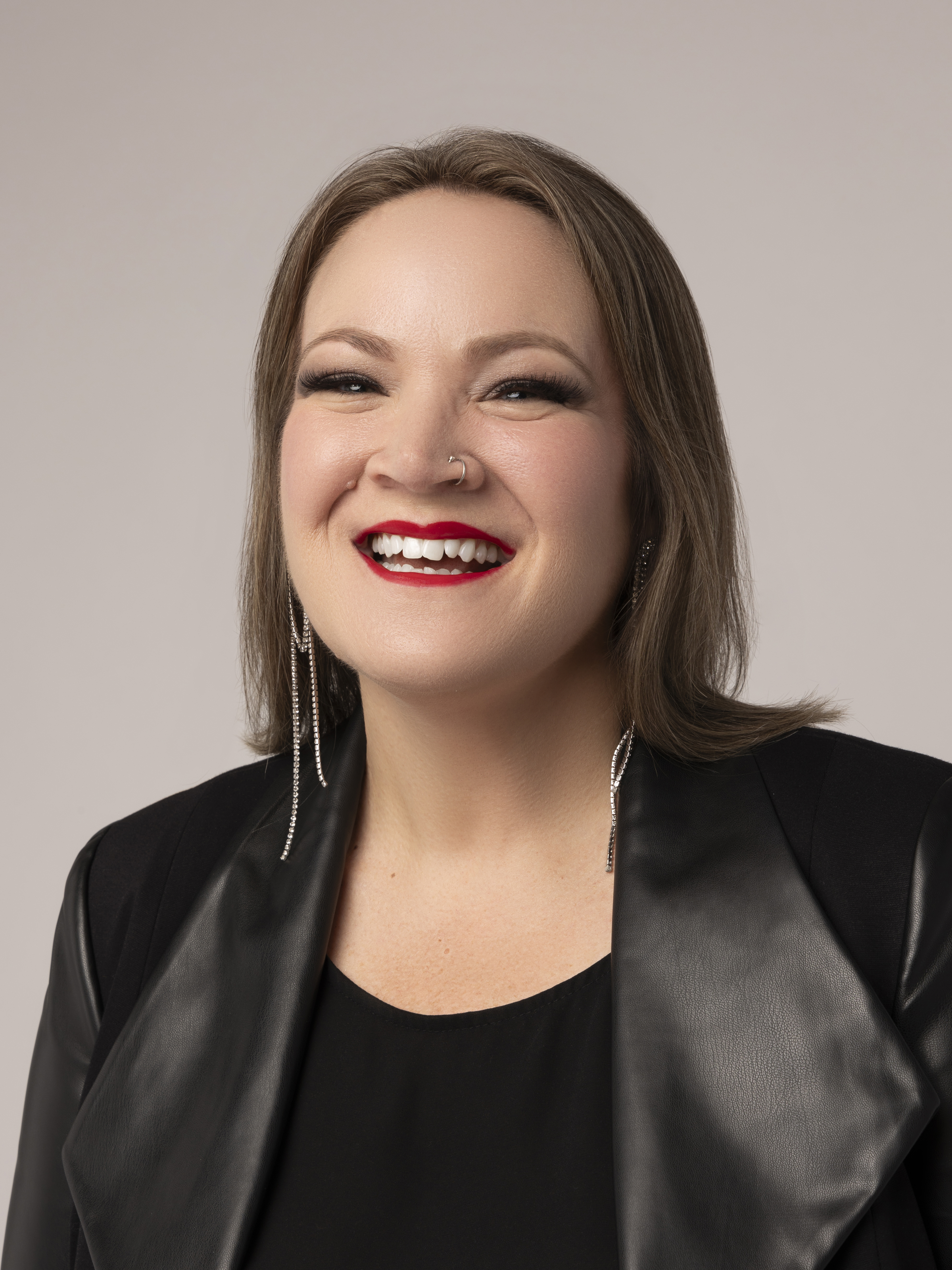Rebekah Burroway

Associate Professor
Ph.D. Duke, 2011
Rebekah.Burroway@stonybrook.edu
Areas of Interest
Sociology of Beauty, Women's Empowerment, Sociology of the Body, Health and Wellbeing, Gender Inequality, International Development, Global Sociology, Statistical Methods, Ethnography
CV
Bio
In my newly emerging line of research, I use ethnographic methods to explore the social
construction and consequences of beauty standards through participant observation
and interviews with professional makeup artists. The specific aims of this project
are to understand (1) how ideas about beauty standards are created; (2) how and why
they change over time; and (3) how beauty ideals and practices affect people. Beauty
ideas and practices deserve to be studied because they exact a substantial cost on
society. Beauty has a price. The literal cost is quite staggering. Globally, retail
sales of beauty products amount to over 600 billion dollars in 2025. This means that
for the next 5 years, a fraction of global beauty spending could end extreme starvation
and acute malnutrition. But, beauty practices are not just financial investments.
Cross-cultural data suggests that women around the world spend hours a day on beauty
enhancements. To put this in perspective, American women spend only about 37 minutes
a day socializing, 28 minutes in educational activities, and 13 minutes helping non-household
members, according to the Bureau of Labor Statistics. The contrast is striking, and
once again demonstrates the price of beauty. The amount of time, effort, and money
that women invest in beauty products and routines suggests that this issue is of paramount
importance and thus deserves to be understood better. Furthermore, beauty ideas and
practices can have both positive and negative consequences for self-esteem and wellbeing.
On one hand, such practices can be a form of self-expression that enhances authenticity
and increases confidence. On the other hand, makeup use is sometimes associated with
body dissatisfaction and self-objectification, and unrealistic beauty ideals can be
harmful to both mental and physical health. Given these contrasting possibilities,
along with the time and money that individuals spend, it is important to understand
how to harness the potential for beauty ideas and practices to contribute to empowerment
and wellness.
In another line of research, I use cross-national, quantitative methods to examine
the impact of social structural forces on health, with an emphasis on women and children.
Scholars, policymakers, and international development practitioners alike posit that
women's empowerment is a key mechanism for enhancing health and wellbeing, especially
in low-and middle-income countries (LMICs). But what does “empowerment” mean, how
does it work, and how do we know it when we see it? That is, how can we measure women’s
empowerment in a cross-national context and evaluate the impact that gender inequality
has on families and societies? Focusing on women’s education, employment, and property
rights, my work suggests that the relationship between women’s empowerment and wellbeing
in LMICs is perhaps more complex than is commonly portrayed. Women’s empowerment can
improve child health and often does. Indeed, some of my findings challenge the prevailing
notion that economic development is the key to improving wellbeing in LMICs by demonstrating
that the effects of women’s empowerment are comparable to or larger than those of
gross domestic product per capita in some cases. However, the health benefits of women’s
empowerment are neither universal nor guaranteed. Increasing women’s education and
employment rates may not be enough to improve wellbeing if societies continue to prevent
women from realizing their true potential and exclude them from full participation
in social life.
Selected Publications
- Burroway, Rebekah and Kristen Shorette. 2024. “Working 9 to 5, Barely Gettting By:
A Quantile Regression Analysis of Female Labor Force Participation and Infant Mortality,
1990 to 2016.” Sociology of Development 10(4): 432-453.
- Bhandari, Aarushi and Rebekah Burroway. (Equal authorship, listed alphabetically.)
2023. “Hold the Phone! A Cross-National Analysis of Women’s Education, Mobile Phones,
and HIV Infections in Low- and Middle-Income Countries, 1990-2018.” Social Science
& Medicine 334.
- Shorette, Kristen, and Rebekah Burroway. 2022. “Consistencies and Contradictions: Revisiting the Relationship Between Women’s Education and Infant Mortality From a Distributional Perspective.” Social Science Research 105: 1-13.
